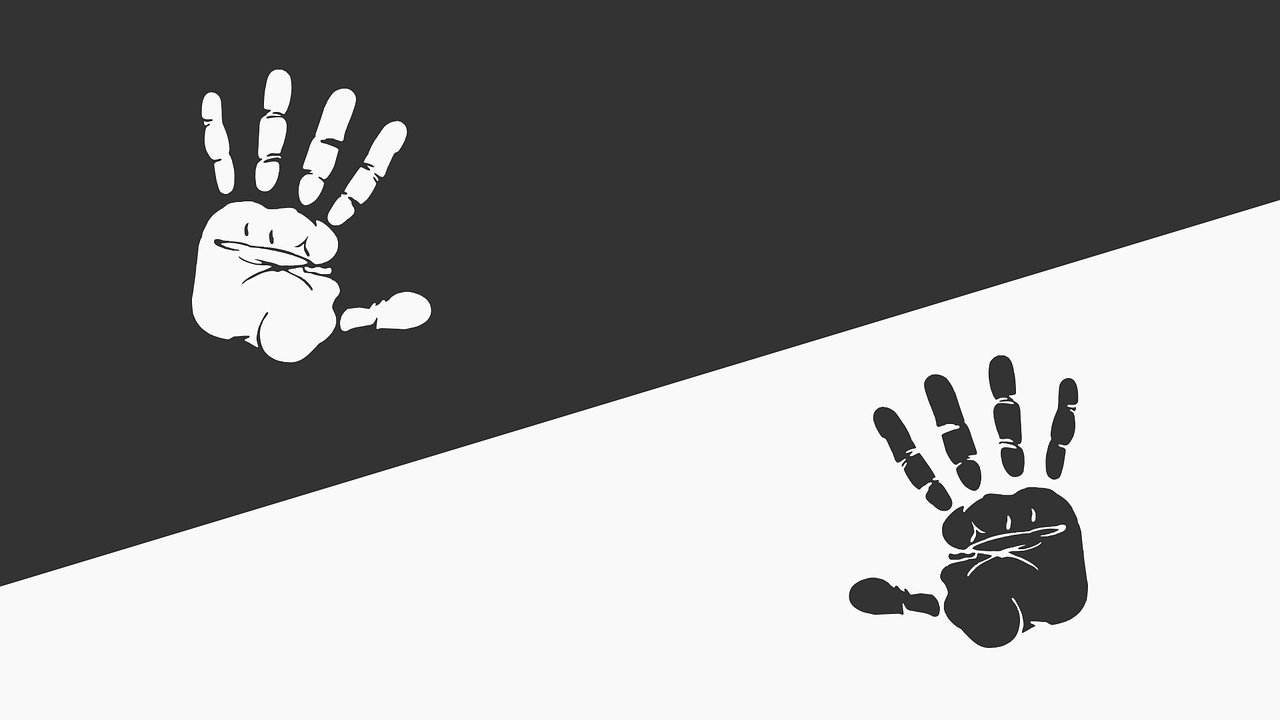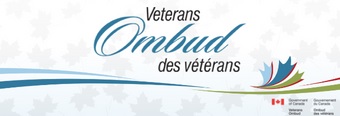
In late 2019, Patrik Mathews, an army reservist with 38 Canadian Brigade Group in Manitoba, disappeared from Canada after receiving a discharge from the Canadian Armed Forces. The combat engineer had been under investigation by the military for racist behaviour since the spring of 2019 and was suspected of having illegally entered the United States. Mathews had been trained in the use of explosives.
Mathews was subsequently arrested by the FBI in Delaware. His case was considered before a federal grand jury in Maryland where he was indicted along with two other men on firearms and illegal entry-related charges. He is also facing charges in Delaware. If convicted on all these offences, he could serve a very long term in a U.S. prison.
Mathews was a member of a secret white supremacist group known as The Base, which advocates violence to bring about a race war in the United States. He is not the only Canadian soldier who has linked himself to white hate groups. Between 2013 and 2018, 16 CAF members were found to be tied to hate groups, according to a report by CAF’s Military Police Criminal Intelligence Section in 2018. Another 37 were found to have engaged in racist or hateful behaviour.
There are about 68,000 regular force members and 27,000 reservists in the CAF. In 2019, it received some 45,000 applications for the regular force and 15,000 for the reserves. Twenty-eight of the regular force applications were rejected for reasons described as “hateful conduct.” So it would be a gross exaggeration to suggest that racist behaviour runs rampant among Canadian soldiers.
Still, any evidence of racism undermines public confidence in the CAF. Recall the Somalia Affair of 1992, when a Somali civilian was beaten to death by two members of the Canadian Airborne Regiment. Subsequent investigation showed that racist behaviour was behind that and other transgressions in Somalia. The regiment was disbanded in 1995.
White supremacists gravitate to the military because uniforms, weapons and military training have a practical appeal to those who aspire to initiate racist revolutions. Militaries have to be as careful as possible to root them out as early as possible in the recruitment process. The number of those blocked for induction last year indicates that the CAF is serious about this task.
Recruits undergo thorough interviews, background checks, reference checks and security screenings. In a force of some 95,000, however, some unwanted elements will inevitably get through or will be radicalized once they are in. The question then is how to deal with them.
The military justice system deals with any defendant whose racist views have led to an illegal action. But much aberrant behaviour by soldiers—such as holding or expressing views that are extreme deviations from current social norms—doesn’t necessarily break the law. They haven’t done anything illegal, but they have expressed racist, homophobic or misogynist views. How to deal with them?
CAF members who fall into this category are counselled or dismissed. The military examines about 200 cases each year. In many cases, military members get a chance to correct their behaviour and save their careers. But about half are released or discharged by way of administrative measures. In other words, the CAF passes the problem to civilian authorities. It also loses a substantial training investment.
According to the federal Privacy Act, information collected through “administrative processes” or chain-of-command is considered confidential. So once a military member is released, investigations simply stop. If the military justice system was used more often to deal with cases of hate speech, more of these cases would come to light and the military would be seen as taking care of business.
We should be grateful this problem is not more widespread in the CAF, but even the perception of racism and other kinds of hatred can erode the public’s trust.
Advertisement




























